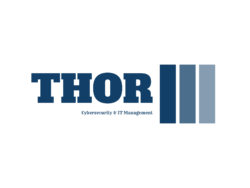
zkLend Shuts Down Four Months After Hack
Digital Forensics: By Philip Maina 1 day agoThu Jun 26 2025 11:13:48 Reading Time: 2 minutes DeFi platform zkLend has announced it’s shutting down months after being hacked The platform attributed the decision to the February hack and its native token being delisted from major exchanges zkLend will give existing [...]












